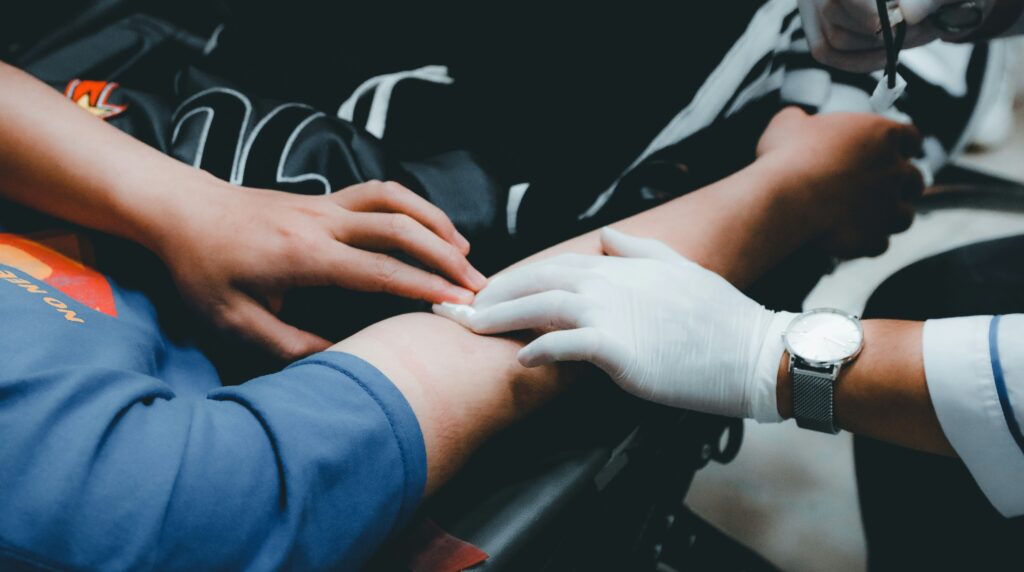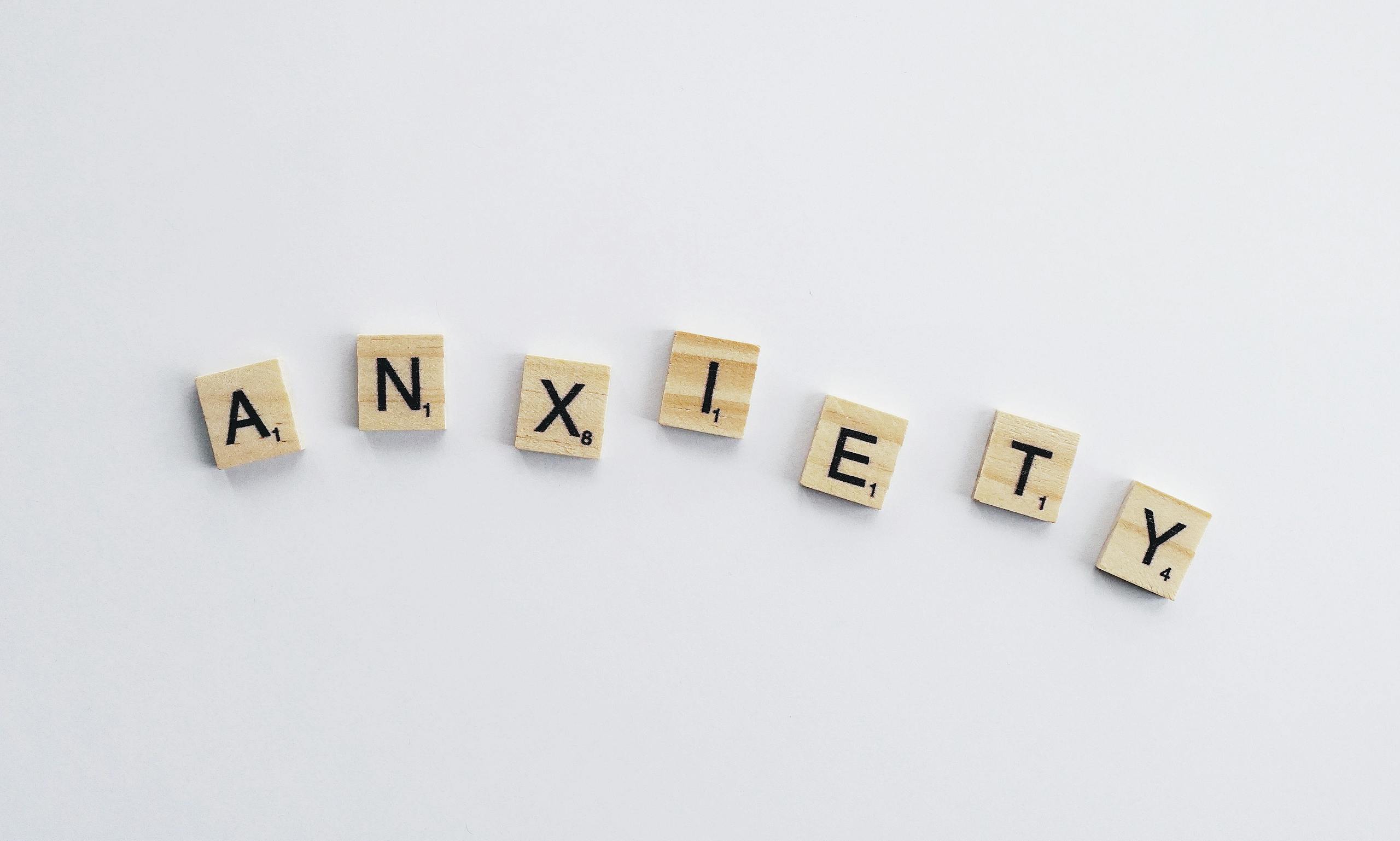Giving While Traveling: The Life‑Saving Impact of Blood Donation and Why It Matters for Digital Nomads
When the Unexpected Hits Close to Home
I never expected to write about blood donation on a travel blog. Yet, life has a way of grounding us mid-flight. Just this month—on July 2025—my father required an urgent blood transfusion. In an instant, our family depended on the generosity of a stranger: someone who, somewhere, voluntarily donated a part of themselves to save another life.
Because I live with an autoimmune condition, I cannot donate blood myself. But I realized I can use my voice to rally others—especially travelers and digital nomads who move freely across borders—people who can. You don’t have to be in one place to make an impact. You just need to care.
Why Blood Donation Matters — Always, Everywhere
- According to the World Health Organization (WHO), some 118 million units of blood are collected annually across 171 countries—but demand still outpaces supply in many regions.
- High‑income countries collect about 40% of the global donations, even though they represent only 16% of the world’s population.
- Donation rates per 1,000 people vary widely: ~31.5 in high‑income, ~16.4 in upper‑middle‑income, ~6.6 in lower‑middle, and ~5.0 in low‑income countries.
- In Latin America and the Caribbean, 9.2 million units were donated in 2023—a 15.5% increase in just three years. Still, universal and consistent voluntary donation remains a challenge, as detailed by the Pan American Health Organization (PAHO).
Blood is needed globally—for childbirth emergencies, trauma, surgeries, pediatric anemia, cancer treatments, and more. As you cross borders, remember: your donation might be the rare type someone urgently needs.
More Than Altruism: Real Benefits for the Donor
Donating blood doesn’t just save lives—it can benefit your own physical and mental health:
- You receive a quick medical screening (blood pressure, pulse, hemoglobin) and infectious-disease tests each time you donate, which can catch issues early. (WHO – Blood Transfusion Safety)
- Reducing excess iron through regular donations may improve vascular health, reduce blood viscosity, and potentially lower risk of heart disease or high blood pressure. (Verywell Health)
- Studies show that donating blood may be linked to health-boosting mutations in some donors. (The Sun – Health Benefits)
- Emotionally, acts of giving boost mental well‑being. Helping others is linked to lower stress, better mood, and even longer life spans. (TIME Magazine)
Donating blood can save up to three lives with a single pint. That’s real, measurable impact.
Can Nomads Donate While Abroad? Yes—With Care
✅ Eligibility Check
- General criteria: usually 17–65 years old, weighing at least ~50 kg, in good general health, and free from recent risky exposures or travel to malaria zones.
- Most countries require 8 weeks between whole‑blood donations (e.g., in the U.S.) or allow more frequent platelet/plasma donation via apheresis. (Wikipedia – Blood Donation)

❌ Who Can’t Donate Blood? Understanding the Restrictions
While donating blood is a generous and life-saving act, not everyone is eligible to donate—and that’s for important safety reasons, both for the donor and the recipient.
Here are some common restrictions that may temporarily or permanently prevent someone from donating blood:
🕒 Temporary Deferrals:
- Recent Travel to Malaria-Endemic Areas: If you’ve recently visited a region where malaria is common, you may have to wait up to 12 months before donating.
- Recent Tattoos or Piercings: You’ll likely be deferred for 3 to 6 months if the procedure wasn’t done with sterile equipment.
- Recent Vaccinations or Infections: After receiving certain vaccines (like yellow fever or hepatitis), or recovering from illnesses like the flu or COVID-19, you may need to wait between 14 to 28 days.
- Low Hemoglobin or Iron Levels: If you’re temporarily anemic, you’ll be deferred until your iron levels are sufficient.
- Dental Work: Minor dental procedures (like cleanings or fillings) usually require a 24- to 72-hour deferral.
- Pregnancy or Recent Childbirth: Most guidelines recommend waiting 6 to 12 months post-delivery or pregnancy.
🚫 Permanent or Long-Term Restrictions:
- Autoimmune Diseases: Conditions like lupus, rheumatoid arthritis, and others often disqualify people permanently—especially if on immunosuppressive treatment.
- HIV/AIDS or Hepatitis B/C: Individuals diagnosed with HIV or viral hepatitis are permanently ineligible to donate.
- History of Certain Cancers: Blood cancers (like leukemia or lymphoma) typically result in permanent deferral. Survivors of other cancers may be eligible after a certain remission period.
- Use of Certain Medications: Drugs like isotretinoin (for acne), acitretin (for psoriasis), or anticoagulants (like warfarin) may disqualify donors—temporarily or permanently.
- Organ or Tissue Transplants: May be permanently disqualified depending on the type of transplant and when it occurred.
- Chronic or Severe Illnesses: People with heart disease, severe asthma, or neurological disorders may not be eligible, depending on stability and treatment.
💡 Pro tip: Each country has slightly different rules depending on their blood safety regulations. Always check the official guidelines from local or international blood donation services.
Try starting with:
- American Red Cross
- NHS Blood and Transplant (UK)
- Australian Red Cross Lifeblood
- WHO Blood Safety Resources
📌 Where to Donate as a Traveler
International institutions supporting blood donation include:
- International Federation of Red Cross and Red Crescent Societies (IFRC)
- World Health Organization – Global Blood Safety and Availability
- European Blood Alliance
- American Red Cross
You can often find donation centers by searching “donate blood near me” when abroad.
How Travelers and Nomads Can Give Back On the Road
- Schedule a donation in any city you’ll stay in for at least a week. It only takes about an hour.
- Make it a ritual: donate, grab a local coffee, reflect, and share online.
- Partner with nomad spaces to organize group donation days or awareness campaigns.
- Tag us on social with #TraveneurGivesBack so we can amplify your story and inspire others.
- Consider printing or embedding a downloadable infographic like “Where to Donate as a Traveler” with donation centers listed for digital nomad hubs like Lisbon, Medellín, Bali, and Chiang Mai.
Why Travel and Health Insurance Are Non‑Negotiable
Watching my father’s transfusion made me realize: health emergencies don’t wait for borders, visas, or flight schedules.
🚑 Medical Emergencies Happen Anywhere
Basic treatment in countries like Thailand or Mexico can cost USD 100–1,500. Hospitalization and medical evacuation may exceed $10,000 without coverage. (HelloSafe)
🧰 What Coverage You Need
Choose travel insurance that includes:
- Emergency care and hospitalization
- Medical evacuation and repatriation
- Blood transfusions and testing
- Medications, diagnostics, telehealth
- Loss/theft of electronics
Providers built for nomads include:
Related Post: Digital Nomad Insurance: All You Need To Know
🧘 Peace of Mind
According to Allianz, 62% of travelers feel more confident when covered. Travel insurance isn’t just about refunds—it’s about responsibility and resilience.
A Message from the Heart
I’ll admit, watching my father receive a transfusion brought home how fragile life is—and how interconnected we are. We realized that while we couldn’t control everything, we could raise our voices.
If you can donate—please do so. If you can’t—like me—you can still speak up. Ask your community: Can you donate blood today? Tell them why it matters. Because somewhere, someone is facing a crisis. And your single donation could give hope.
Download & Share: “Where to Donate as a Traveler” Infographic

Quick FAQ for Nomadic Donors
| Question | Answer |
|---|---|
| Who can donate? | Healthy adults 17–65, ≥50 kg, no recent illness or malaria travel. |
| How often? | Every 8 weeks (whole blood); every 2+ weeks (platelets/plasma). |
| Can I donate while traveling? | Yes, if eligible. Always check local requirements. |
| Why bother if I’m healthy? | Because someone else may not be—and you can save lives. |
| What if I can’t donate? | Spread the word. Encourage others. Every voice matters. |
Final Call to Action
As nomads, we often think in miles traveled—but here’s a different metric: lives touched. Whether you’re in Bali, Lisbon, or Quito—book a blood donation appointment when you’re staying somewhere.
Get insured before your next adventure, not after something goes wrong.
Travel with purpose. Give blood. Stay protected. Share your story.
Because the world runs on kindness—not just Wi‑Fi.













